Latest Comments
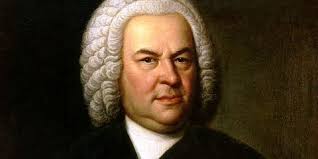
Bach – B Minor Mass
The Mass in B Minor (BWV 232) stands as one of the greatest achievements in Western classical music. Composed by Johann Sebastian Bach during the[…]

Bach – Toccata and Fugue in D minor
Among the most iconic and instantly recognizable pieces of classical music ever composed, Toccata and Fugue in D minor, BWV 565, by Johann Sebastian Bach,[…]

Bach – St Matthew Passion
Among the towering masterpieces of Western classical music, few works have achieved the spiritual and artistic magnitude of Johann Sebastian Bach’s St Matthew Passion (Matthäus-Passion,[…]

Bach – The Well-Tempered Clavier
Johann Sebastian Bach’s The Well-Tempered Clavier (Das Wohltemperierte Klavier) stands as one of the most monumental works in the history of Western classical music. Composed[…]
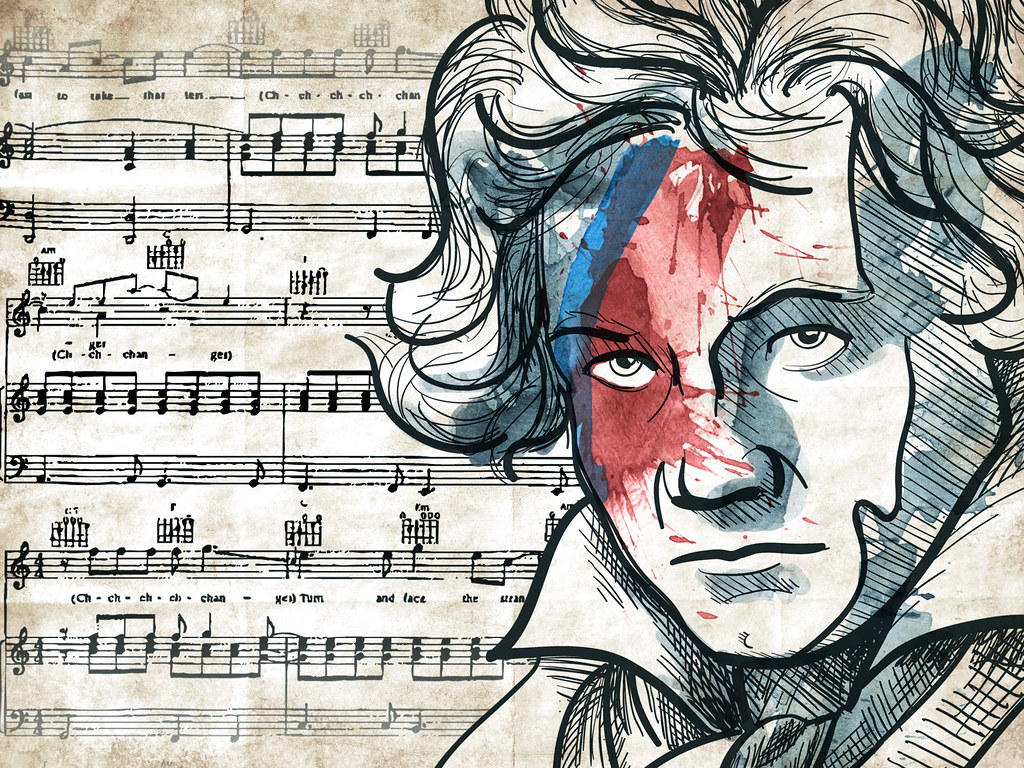
The Story Behind Beethoven’s Sonata No. 5 in C Minor
Ludwig van Beethoven, one of the most influential composers in the history of Western classical music, composed his Piano Sonata No. 5 in C Minor,[…]
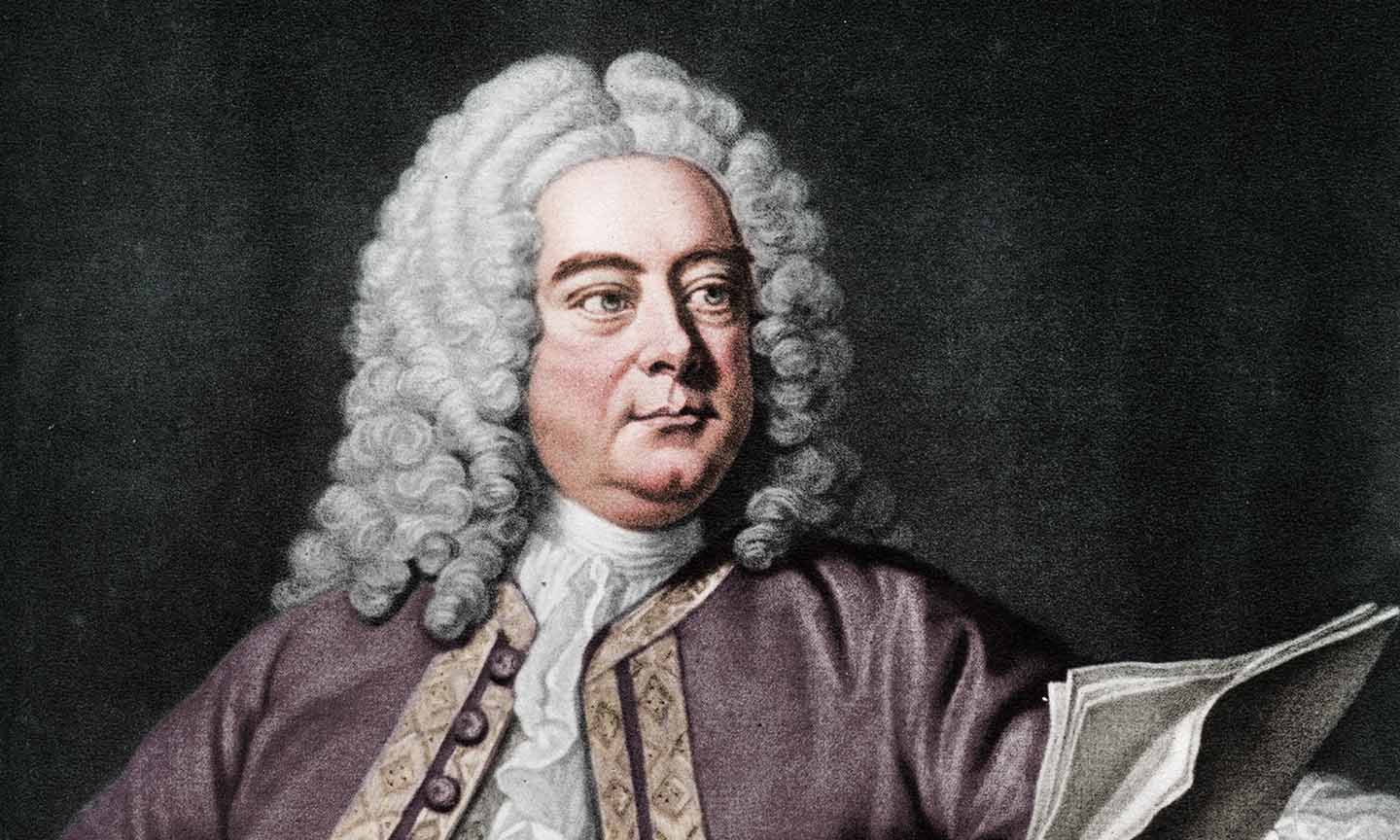
The 5 Best Compositions by Georg Friedrich Händel
Georg Friedrich Händel, one of the towering figures of Baroque music, left an indelible mark on the world with his masterful compositions. Known for his[…]

The Story Behind Handel’s Israel in Egypt
“Israel in Egypt” is one of Georg Friedrich Händel’s most ambitious and remarkable oratorios. Composed in 1738, this work stands out for its extensive use[…]
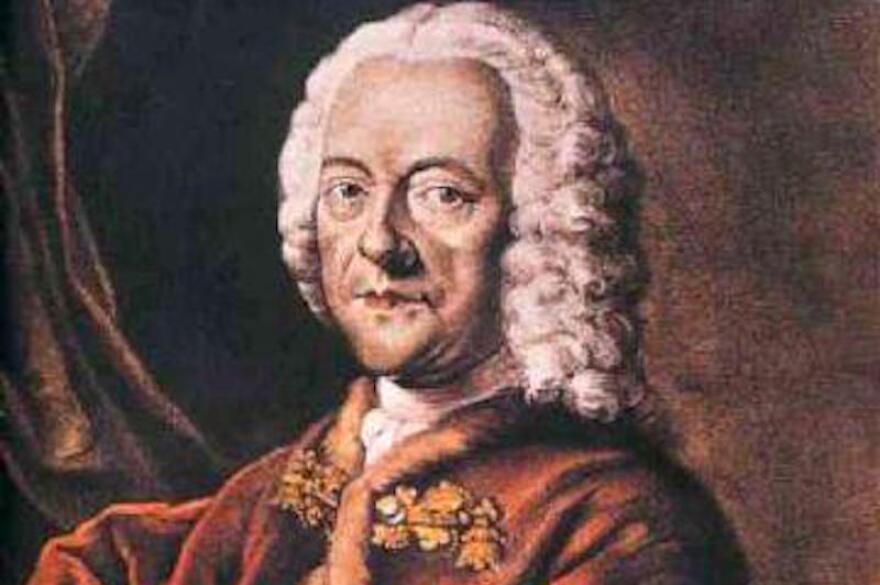
5 Fascinating Facts about Telemann
Georg Philipp Telemann (1681–1767) was one of the most prolific and influential composers of the Baroque era. His vast body of work spans numerous genres[…]
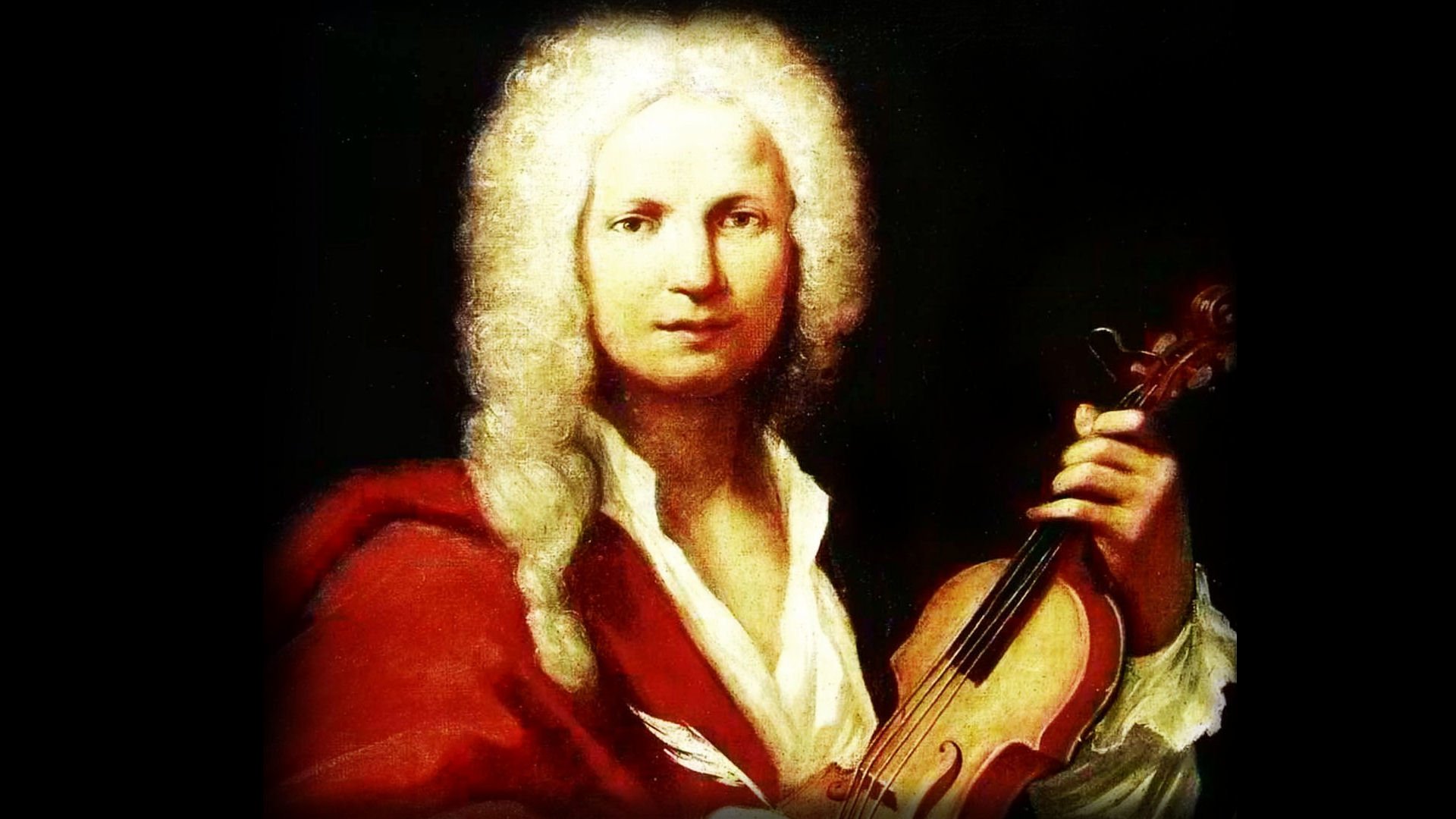
The 5 Best Compositions by Antonio Vivaldi
Antonio Vivaldi (1678–1741) was one of the most influential composers of the Baroque period. His music is known for its vibrant energy, rich harmonies, and[…]

The Story Behind Händel’s Concerto Grosso in C Minor
Georg Friedrich Händel (1685–1759) is one of the most celebrated composers of the Baroque era, known for his operas, oratorios, and instrumental compositions. Among his[…]
© 2025 Top Classical Music. Created with ❤ using WordPress and Kubio